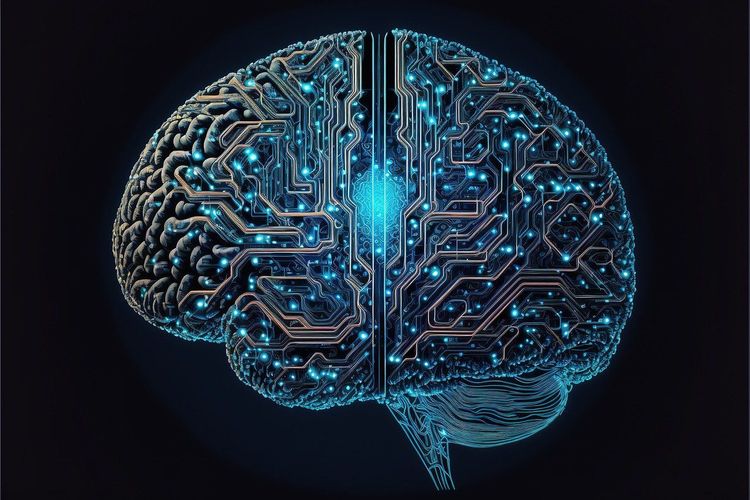Following OpenAI's announcement of its latest GPT large language model, its main competitor in the U.S. generative AI landscape is also making waves. Anthropic revealed on Monday that its AI assistant, Claude, is now operational in Europe, supporting multiple languages including French, German, Italian, and Spanish through Claude.ai, its iOS app, and its team business plan.
This launch is part of a broader strategy by Anthropic to accelerate growth, particularly after extending its API access in Europe to encourage developers to utilize and integrate its models. The startup has raised nearly $8 billion, achieving a post-money valuation of $18.4 billion, with over $7 billion amassed in the past year alone.
Co-founder and president Daniela Amodei confirmed that Anthropic is actively seeking additional capital. “Yes, but we can’t comment further,” she mentioned in an email interview regarding the fundraising.
Anthropic boasts a diverse roster of nearly 60 investors, including industry giants like Amazon, Google, Salesforce, SAP, and Zoom. Recently, Alameda and FTX announced plans to sell their shares for a notable $884 million in a secondary transaction linked to bankruptcy proceedings.
Anthropic is not alone in attracting significant investments; sources indicate that Mistral AI, another player in the LLM space, is pursuing nearly $600 million in funding at a valuation of $6 billion. Notably, SoftBank does not currently invest in these companies, which positions it as a potential future backer.
While investor enthusiasm for generative AI is high, consumer interest appears somewhat subdued. As reported last week, Anthropic's iOS app, launched in May, has received a tepid response, prompting questions about whether current AI excitement is merely a passing trend. This could pose a challenge as Anthropic seeks to expand its business across Europe.
Amodei believes that comparing its iOS launch to OpenAI's isn't straightforward. She emphasizes Anthropic's concentration on workplace and enterprise applications, aiming for seamless experiences that allow users to switch effortlessly between personal and work accounts, various interfaces, and devices. "ChatGPT on mobile launched at a time when consumer applications were still in their early stages, and a lot has evolved since then," she explained. She noted that “millions” of users in the U.S. and U.K. are currently using Claude, with strong adoption of their paid subscription service, Claude Pro, following the recent release of Claude 3.
“Our primary focus is on work and enterprise applications—evident in the launch of the Claude Team plan. We aim for users to engage with Claude intuitively, whether through mobile, web, or API. We’re creating a more fluid experience where users can toggle between personal and work accounts, similar to how employees interact with Slack on different devices throughout the day.”
While Amodei refrained from sharing specific metrics on API adoption in Europe, she mentioned significant growth rates in key markets such as France and Germany. However, sparking interest among European users is just one of several challenges for the company.
Europe has emerged as a prominent advocate for AI safety and regulation, particularly with the passing of the AI Act earlier this year. Amodei expressed confidence that Anthropic is well-prepared to navigate European regulatory frameworks. "Anthropic was founded with the mission of creating the safest AI systems in the industry and pushing forward AI safety research," she stated. The company diligently complies with regulations like the EU's GDPR and is awaiting further guidance on the AI Act's implementation.
“Although the AI Act has been approved, several steps remain to develop detailed guidance in the upcoming months, and we intend to collaborate with the EU in this process,” she added. Anthropic continues to commit to industry efforts to enhance AI safety, including a ban on using its technology for political campaigns, with automated systems to detect potential violations linked to misinformation.
In 2023, Anthropic made strides in mechanistic interpretability, or understanding the inner workings of AI models, achieving breakthroughs in “dictionary learning.” This research aims to gain insights into how AI models operate in real time. “Ultimately, we aspire to leverage this understanding to develop techniques that guide these models toward safer behaviors,” she remarked.
Currently, Anthropic employs 40 staff members at its London office and has several contractors in various European nations. Amodei noted that the company is preparing to recruit additional talent, particularly to establish a new office in Dublin.







